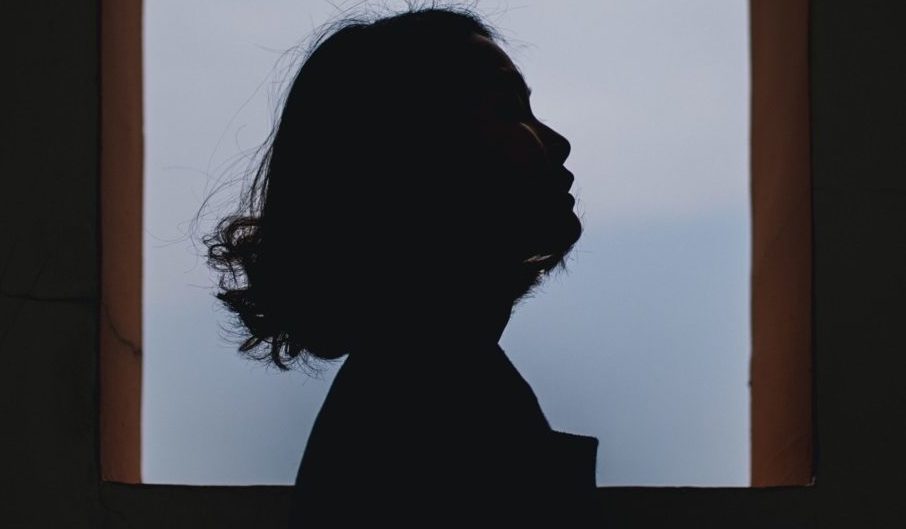Living with a hidden disability at university
Imagine. The time is 07:53. You are at London St Pancras Station, one of the busiest stations in the UK. You have an insight day at one of the world’s top law firms starting before 09.00, which is five minutes away. Should be easy, right?
Yet the truth of this scenario for someone like myself with muscular dystrophy is very different. From making sure everything is accessible, to arriving on time for a day which is vital for my career progression, I must plan every minute detail for what a straightforward journey is otherwise. Lift access, the distance between the entrance and the platform and alternative routes that do not have steps or uneven ground must be thoroughly researched before every excursion, despite the fact that my disability is hidden.
I must plan every minute detail for what a straightforward journey is otherwise
A typical day begins with taking the train at 06:00 to allow time for travelling. But with a heavy backpack that has wheels, I must rely on using lifts as I cannot carry my things. The train journey itself can often be exhausting. I am always left hoping and contemplating whether a seat will be available during peak time and if someone will realise that I am slightly limping with pain and offer me their seat. Instead, despite reserving a seat, I have to sit on my backpack for nearly two hours as my seat has been taken by someone else who rudely refuses to move because they are older than me and says that I am lying about my disability.
Leaving the station to get the tube is a problem in itself. The station claims to be accessible, yet I am forced to drag my bag up and down stairs while holding onto the handrail tightly and pulling my frail side up with the force of my arm. I am pushed from the back and front with sighs and murmurs because I am walking on the wrong side. People behind me tell me to move, but I cannot switch sides because I cannot carry my bag on my weak side. I turn up the music on my phone and put in my headphones so that I do not have to listen to other commuters hurling insults at me.
I turn up the music on my phone and put in my headphones so that I do not have to listen to other commuters hurling insults at me
Getting off the tube and trailing up the stairs of yet another station that claims to be accessible increases the journey time by another fifteen minutes. Realising that I am drenched in sweat and needing to sit down, I find a brick wall where I use my backpack to push myself up onto the wall for a much-needed rest and to check the time. As its becoming clearer that I will be late if I continue walking, I decide to get an Uber for what should be a brisk five-minute walk. There goes £6.87 thanks to inflated London prices and traffic. But it’s not the first time I’ve relied on taxis due to my condition. I change my trainers into a pair of trusty Clarks laced boots and prepare to wrestle the lifts and stairs leading to the firm after getting out of the taxi.
Most people do not see it as a problem. I can walk, and my disability is not visible, so I must be fine. Often, people think that I am a “drama queen”. Sighs and eye-rolls are the norm, along with raised eyebrows and comments that “I am young and strong” when I ask for lift access. One teacher at my college looked at my wheelie backpack and lift card and called me a “princess”. To her, this comment was acceptable because I did not use a visible mobility aid.
One teacher at my college looked at my wheelie backpack and lift card and called me a “princess”
Being diagnosed at the young age of 15 meant I tried to hide any visible weakness. I often ended up lying constantly to teachers and friends about MRI scans and incessant physio sessions. Inevitably, many lessons were missed and when my peers found out, I learned that they thought I was lying to get extenuating circumstances in exams. They even attributed my hard work to the rest breaks that I was entitled to.
Thinking beyond university is not the only challenge that I face. University life itself can be rather difficult with a hidden disability. Most students view nights out and international tours with societies as an absolute essential. To me, it is something that rarely happens, as every journey requires meticulous organisation, thorough route checking and all excursions planned out to avoid nasty surprises. I am lucky to have fantastic friends who are always helpful but asking for help can often feel like a burden. Instead, my friends slowly morph into carers and although I know they definitely care, to be frank, it can get rather suffocating.
Leaving the taxi, I am waylaid by another flight of stairs that Google Maps failed to inform me of. I drag my bag and my heavy legs up the stairs and look at the tall skyscrapers crowding the grey London sky and realise that, for someone with mobility issues, the events of this morning will never change.

Comments (1)